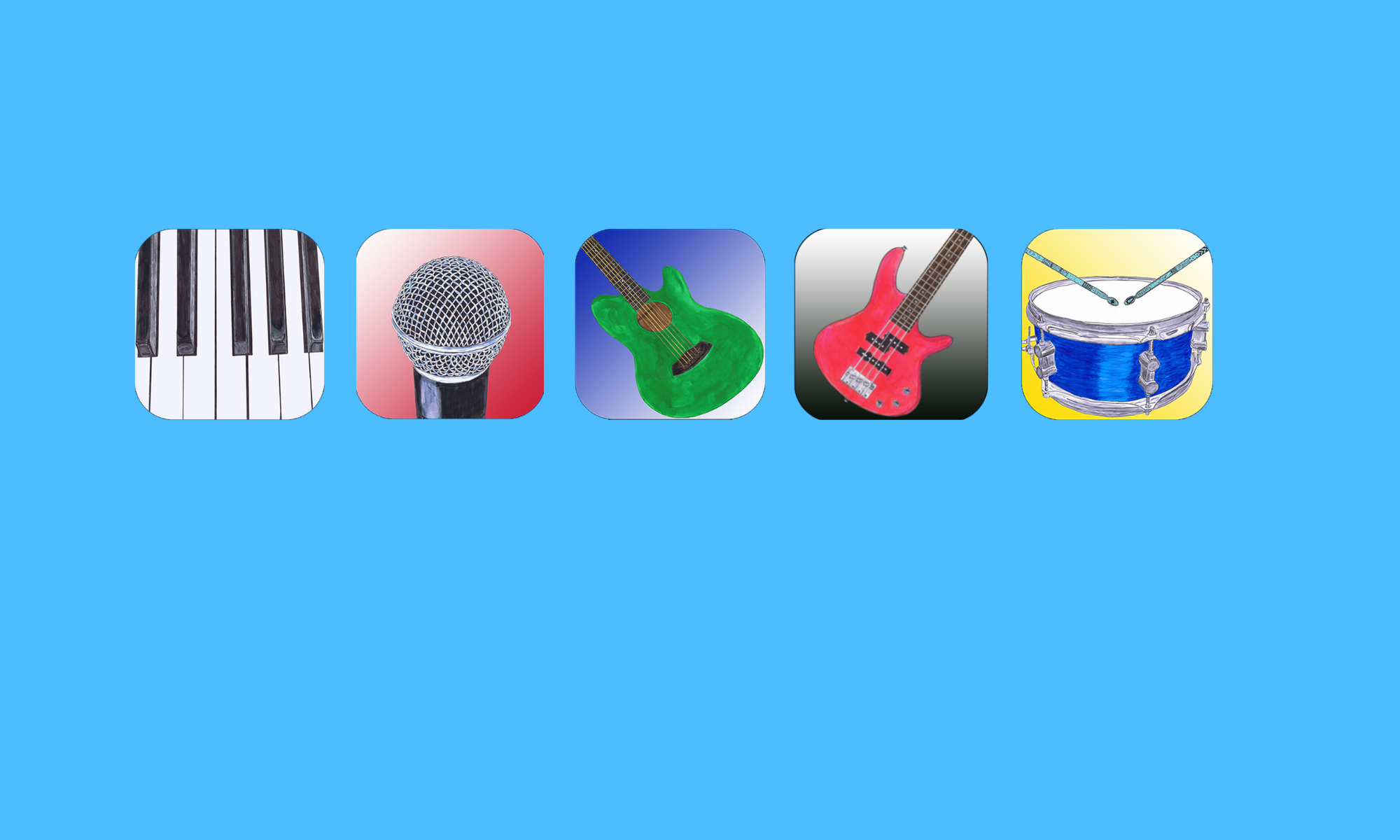The main factors in determining whether your child is ready for lessons are age, focus, interest, developmental stage and aptitude. This can vary from child to child, but in every case these are the traits we look for to determine readiness for music lessons.
Age
The ideal starting age is between five and eight for most students. Although some kids are ready younger, most are not. Starting early is great if the student is really excited about learning music, able to focus and the parents are committed to working with them regularly at home. Very young students don’t do most things on their own yet and shouldn’t be expected to practice on their own. The younger the student, the more likely they will move at a slower learning pace in the beginning so nothing is lost by starting anywhere in the five to eight window.
Focus
Children live in the moment; in order to be ready for lessons, young children need to be able to focus long enough to accomplish something that is not entirely their own idea. If they can’t focus on doing something you ask of them for more than a few minutes, they are probably not developmentally ready. At this stage, working for a half hour can seem like an eternity. One-on-one lessons can be a great way to build focusing stamina but it’s better not to rush into unnecessary struggles that will ease naturally just by waiting a little bit.
Interest
When determining whether to start lessons on the younger side, interest is really important. If the child has a strong interest in PLAYING music and not just listening to it they may already be trying to play the piano (or other instrument). In this case it’s better to provide guidance before they form habits that can hinder progress later. Most people have a natural interest in music so it’s important to find a way to appeal to each student’s individual musical interest in order to motivate students at any age. This is especially true with younger students, whose minds will wander quickly if not fully engaged throughout a lesson.
Developmental Stage
Children under age four are generally not ready to start private music lessons because most children this age haven’t yet developed the ability to focus, understand concepts and develop basic coordination. These skills are necessary to learn to play an instrument and understand music and are usually beyond the capability of children in this age group. Group sing-a-long or simple percussion instrument classes may be more appropriate at the toddler age.
Aptitude
Natural aptitude for playing an instrument is not necessary to take lessons except when you are considering starting a student very young. All of the skills that are required to play an instrument ARE learnable and initial aptitude is not an indicator of what students are ultimately capable. Having taught hundreds of students in our studios has shown that many students without a high initial aptitude often develop into gifted musicians through time and work. Some learners start slow and then rocket ahead later when all of the pieces of the puzzle drop into place. All learners need to be nurtured along the way and given a chance to develop.
Starting music lessons at any age during childhood is an advantage since children’s brains are more flexible and able to adapt to new physical coordination and languages. This has such a profound impact on the brain that even students who stop and then return to music lessons as adults struggle less than adult students who never took lessons.

